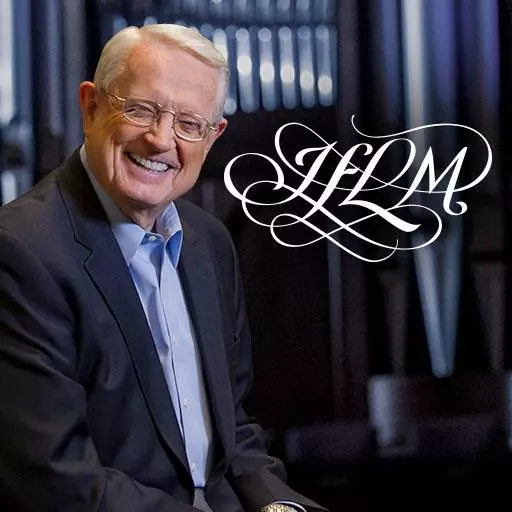Solomon once wrote: "He who walks in integrity walks securely, but he who perverts his ways will be found out" (Proverbs 10:9).
By the time Job had reared his family, established himself in the business world, and gotten up in years, he had become "the greatest of all the men of the east." People respected him because he was "upright, fearing God and turning away from evil" (Job 1:1-3). Job walked securely.
Similar things were said of Joseph. As a young man he became Potiphar's "personal servant" and eventually was put in charge over all the man owned "in the house and in the field" (Genesis 39:4-5). Whether managing workers or handling large sums of money or all alone in the home with Mrs. Potiphar, Joseph could be trusted. He walked securely.
Daniel also distinguished himself among his peers because "he possessed an extraordinary spirit," which was observed by his superior, King Darius. The plan to promote him to prime minister so infuriated those who envied him that they "began trying to find a ground of accusation" against him. They struck out. After all their searching and spying, attempting to dig up some dirt, "they could find no ground of accusation or evidence of corruption" anywhere (Daniel 6:1-4). Daniel walked securely.
What did these men have in common?
Perfection? These men were far from perfect.
Easy times? Hardly. All of them experienced heartaches and hardships that would make your head ache.
Well, how about an impressive presence, carefully choreographed by clever public-image makers? Don't make me laugh. That sort of stuff didn't come into vogue until our culture created it in this century.
How about slick rhetoric? Wrong again.
What they had in common was character — high moral character. They walked securely; they didn't fear being "found out."
Call me dated or old-fashioned or idealistic if you wish, but my passionate plea is that we unearth and restore the concept of character. It's been buried long enough.
Character belongs first on our list when searching for employees of excellence in the workplace. It must be a nonnegotiable among those we place into leadership positions in our schools, our churches, our cities, our state, and our nation. Character is what wholesome parents strive to cultivate in their children. It is the foundational quality all of us expect from the circle of professionals and laborers who serve us up close and personal — our physician, our attorney, our counselor, our pastor, our teacher, our CPA, our banker, our builder, our policeman, our mechanic, our plumber, our repairman...you name it.
We may not say it every time, but deep down in our souls we long for and expect character, and when it is lacking, we feel it, we know it, we resent it. It is the "given" in greatness.
Why, then, is character so seldom mentioned? Is it because we have come to believe we have no right to expect it? After all, "nobody's perfect."
Again I am reminded of one of my favorite Greek terms — Hogwash! It is character we require, not perfection.
We have every right to expect of ourselves and others virtue, dignity, self-mastery, resoluteness, determination, strength of will, moral purity, and personal integrity — in public and in private. The fact that many fail to live up to the minimal daily requirement does not change the ideal.
Having just finished reading historian Thomas Reeves's masterful and thorough work on the life of John F. Kennedy, A Question of Character, I find myself both angered and saddened by his notorious private life and the absence of true character in JFK's life. As important as intelligence and courage and wit and diplomacy may be, Reeves concludes, "all of these qualities may be connected to an effort to live and lead by those values, known and declared for centuries, that link good character with effective leadership. The United States — and now the world — cannot settle for less."
Solomon was right. Those who walk correctly walk securely...with no fear of being "found out." If men like Job and Joseph and Daniel could demonstrate character in the worst of times, you and I can do so now. And because we can, we must.
Taken from Charles R. Swindoll, "Buried Long Enough," in The Finishing Touch: Becoming God's Masterpiece (Dallas: Word, 1994), 332-34. Copyright © 1994 by Charles R. Swindoll, Inc. All rights reserved. Used by permission.


